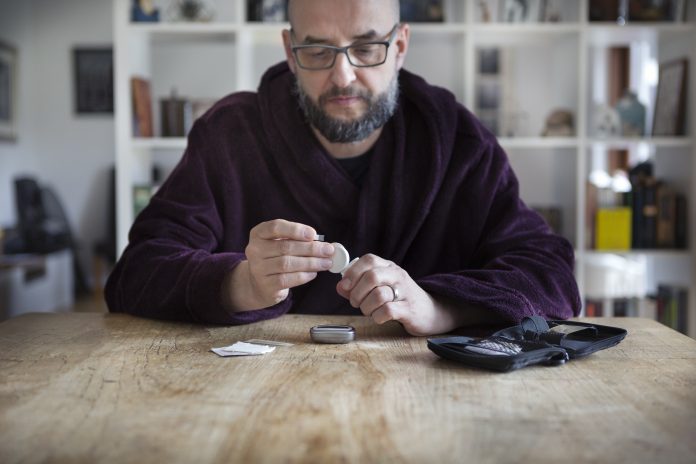There is a fear psychosis after COVID-19, which is making patients of seasonal flu reach out for any over-the-counter drug to suppress symptoms. And in the worst case of self-harm, I have patients coming in with an aggravated condition, saying they had taken Azithral, an antibiotic, on the pharmacist’s or a family friend’s advice, and that they were none the better for it. That’s a given, because antibiotics are for bacterial infection while colds and flus are caused by viruses. So instead of taking an anti-viral, anti-allergic or anti-inflammatory drug to control the situation and manage symptoms, they ended up taking an antibiotic, which only weakened their body further.
A majority of respiratory infections this winter are viral with the usual, identifiable patterns — cough, cold, congested nose, sore throat, sudden chills, low-grade fever, headache and body aches and diarrhoea. In fact, 80 per cent of the upper respiratory tract infections that we are seeing these days at the clinics are caused by viruses. After five days, if not managed well, they might cause severe sinusitis and bronchitis. Most seasonal flus go away on their own within five to seven days. Some may take a day or two longer. But if the symptoms feel too disruptive, then take anti-inflammatory or anti-allergic drugs to manage symptoms. Then wait for three days. If the infection doesn’t seem to be on the wane, and your phlegm turns yellow or green, consult a doctor. He may then advise a blood test or a CRP marker test to decide a clinical regime to contain it. If your white blood cells (WBCs) are higher, it means you are suffering from a bacterial infection and the doctor will prescribe antibiotics. If not, they will do an anti-viral treatment. In fact, with cases of swine flu (H1N1) on the rise, timely detection rather than complicating matters with self-medication is the key. For swine flu, antiviral drugs such as Oseltamivir or Tamiflu can kill the virus and ease your conditions. But they work best if you start taking them within 48 hours of onset of symptoms. They give you relief as the viral load drops.
There are several other must dos which many patients think are too mundane to bother about. But at the cost of repeating myself, I would still say drink enough water, stay indoors, don’t go out for walks till your condition settles, eat light and sleep well. You will get better with rest. Stretching yourself out will only worsen your condition.
What nobody realises is that by popping antibiotics, they are just creating antibiotic-resistant bacteria or superbugs. So that next time when your body does need the antibiotics, they will be ineffective against the bacteria they are intended for. Also, if you are advised antibiotics, complete the regime as prescribed by the doctor. Don’t give up midway just because you begin to feel better, or you think the antibiotic isn’t working. This incomplete administration of drugs means you cannot avail the full benefits that are intended for your condition.
Coughs are common for any cold or viral infection and can last for a while even after recovery, especially among those with asthma or chronic obstructive lung disease (COPD). Your doctor can prescribe drugs for relief but these are not to be given to children under the age of seven.










![Best Weight Loss Supplements [2022-23] New Reports!](https://technologytangle.com/wp-content/uploads/2022/12/p1-1170962-1670840878.png)




